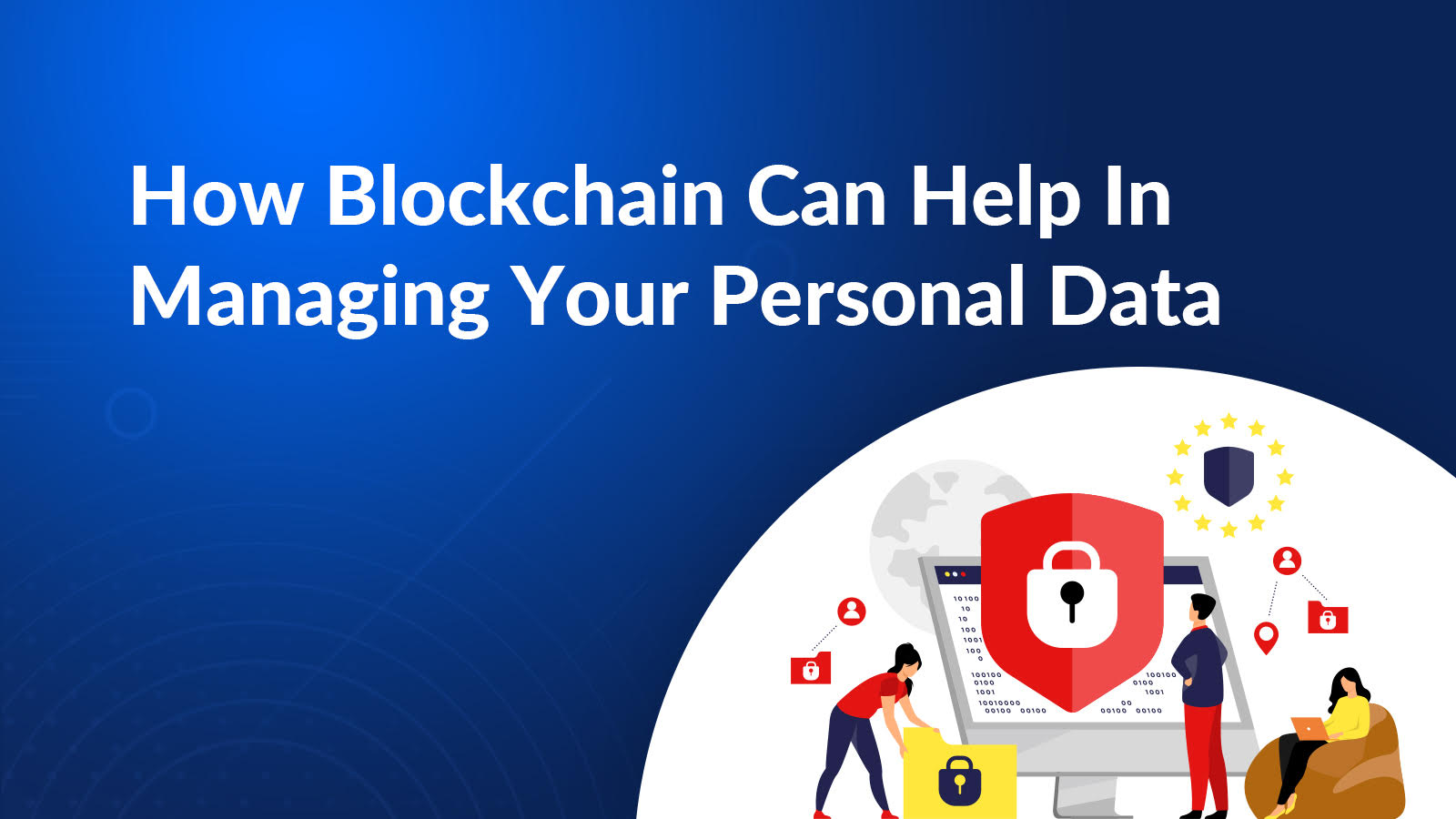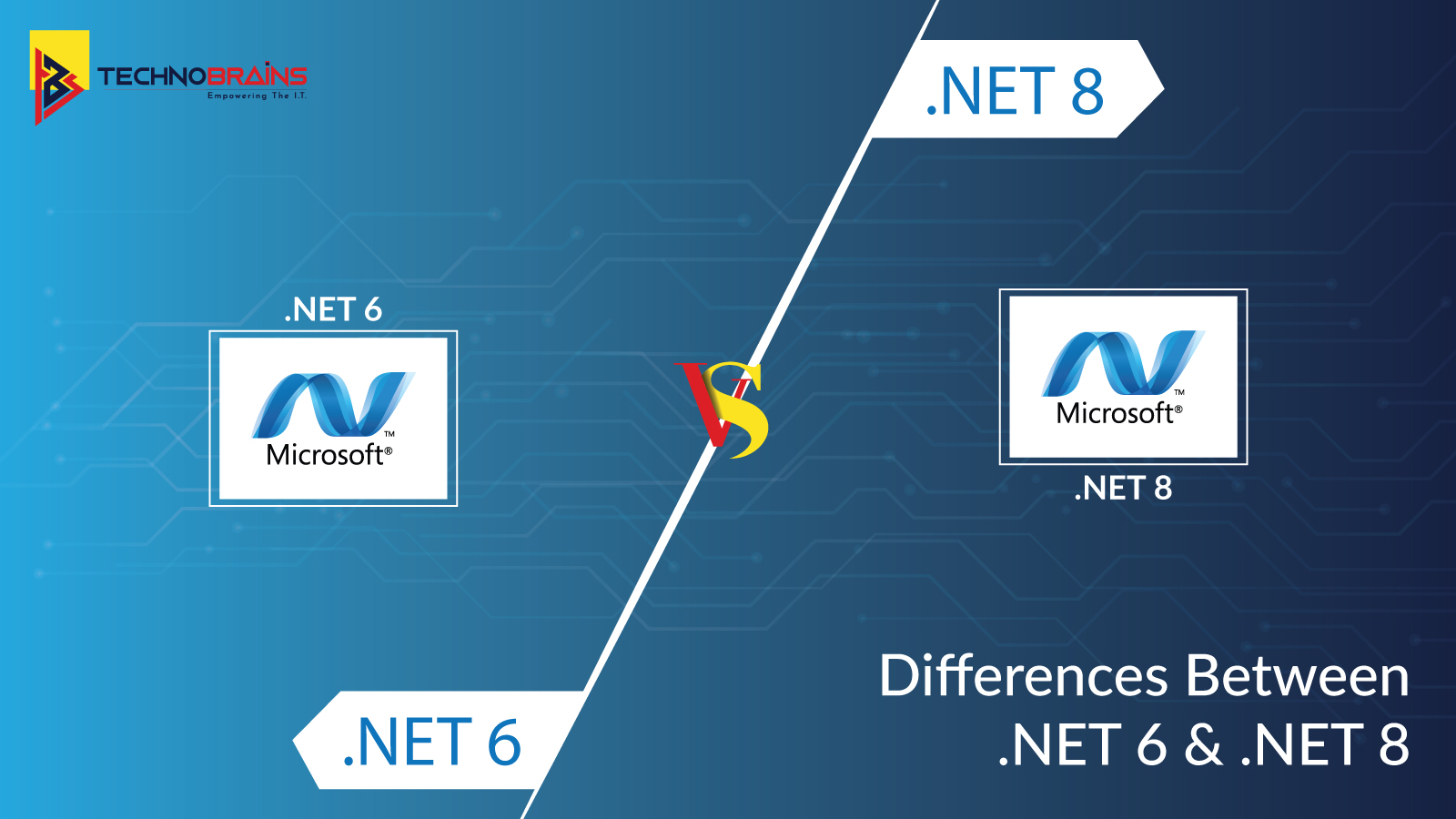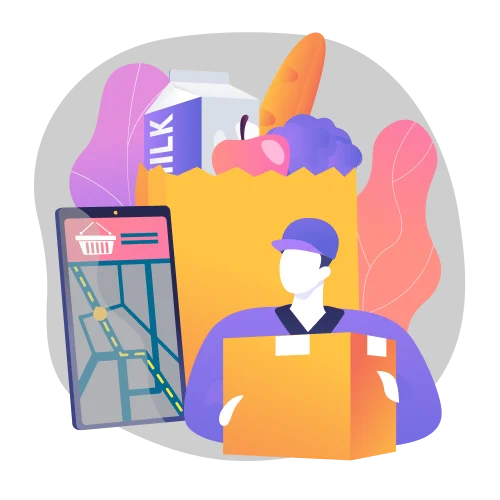Get 40 Hours Free Developer Trial
Test Our Developers for 40 Hours at No Cost - Start Your Free Trial →
Have you considered the privacy of your personal information? Often, the average person doesn’t even think about it. We live in an odd world. There are big companies like TransUnion and Equifax that store vast amounts of our personal data and profit from them in ways that don’t make sense to us.
As a result, we cannot stop these companies from losing our personal data and making us susceptible to identity theft. But thanks to blockchain technology, we are no longer vulnerable to identity theft.
For a variety of reasons, companies value the personal data they collect through various search technologies. Marketers can effectively target their advertising for the right audience if they know exactly what people want and what they desire.
We can generate traffic to the site by sharing the data we normally share on Facebook and Instagram. By doing so, the network can gain more customers and increase profits. We allow organizations access to our personal data whenever we click the “I Accept” or “Allow” button. By doing this, the site generates something valuable and helpful.
There’s just one problem.
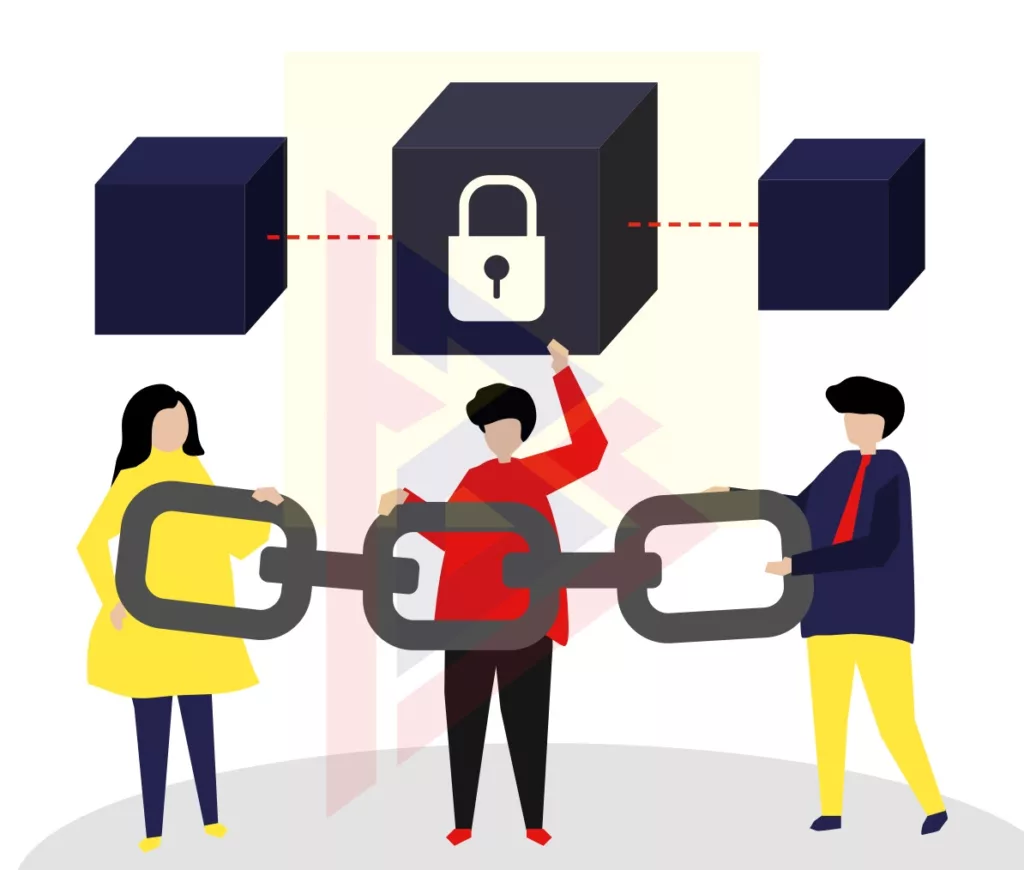
We don’t receive any money for our personal data because we don’t own it. A social media platform owns the content we post on it once we post it to it. In a similar way, all the details of our searches are owned by the search engine company.
Millions of dollars worth of data are freely provided to companies on a daily basis by Internet users. In order to make business decisions, sell marketing services, and draw people to their websites, organizations use these pieces of information.
At the same time, this data is not earned by the actual owners. A viral post, video, or picture can generate a substantial amount of revenue for social media platforms by attracting traffic and increasing subscribers.
Rather, if the owner of the profile is building their brand, they earn some money directly or indirectly. The social media companies end up making huge profits, but they do not.
Also Read, New Search Engines Powered by Blockchain.
When is Data Personal?
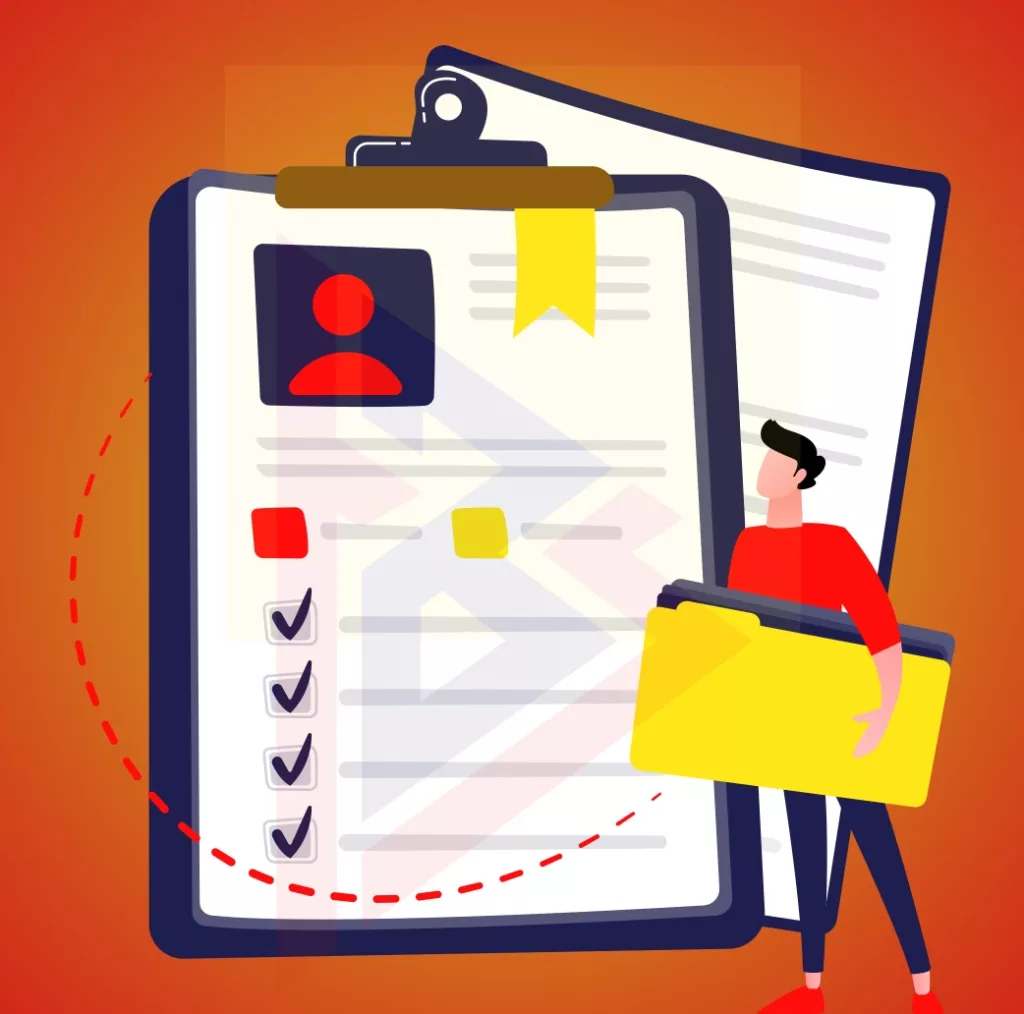
Is this personal information? An important question is whether a proportionate amount of effort can be put into confirming the identity with the means at hand.
Now things start to get more challenging. Data that identifies or identifies a natural person is personal data according to GDPR. A person can be identified quite simply by their name, or by an email address that includes their name, or by their fingerprints or a photograph of their face. However, identifying them can be more challenging.
By putting aside immediate identifiability, we are able to consider information from third parties. In order to understand whether any third-party knowledge falls within this scope, the question is whether the identity can be determined with a proportionate amount of effort using the means at the disposal of the processing party or any other person.
The factors affecting this include the cost of identification, the availability of technologies, and the constant evolution of technology.
Read about the Python Trends here.
Are IP Addresses Considered Personal Data?
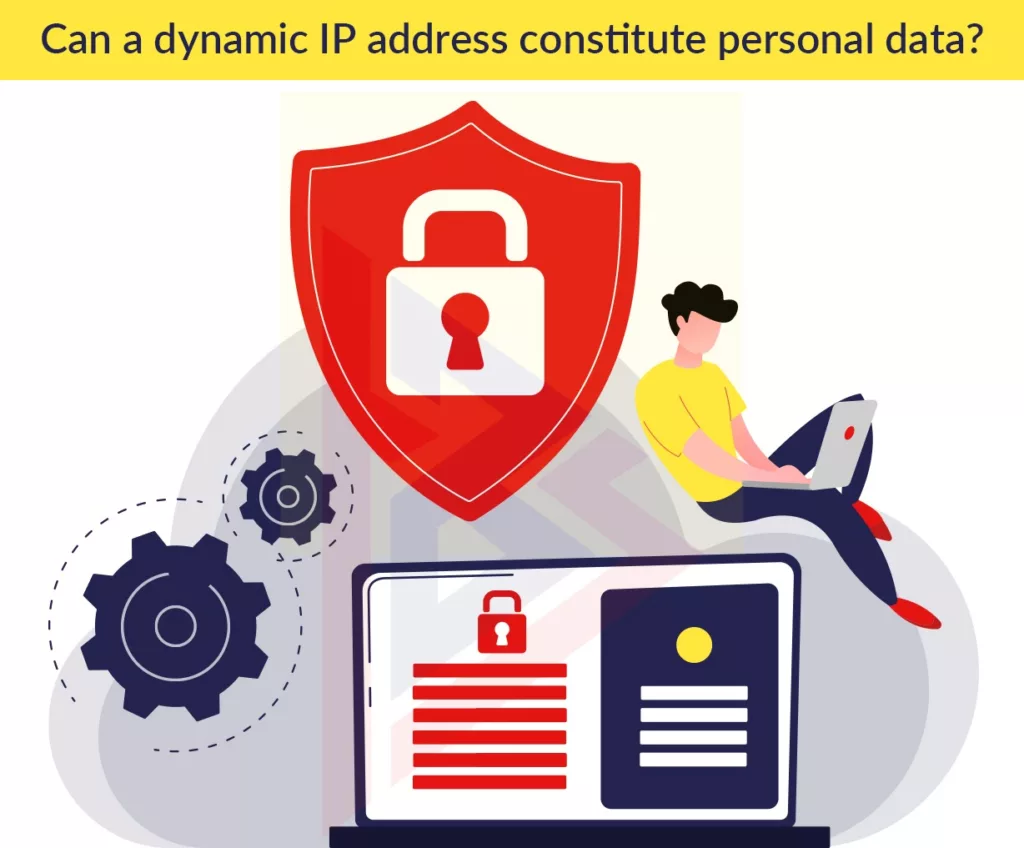
An IP address would be an example of this. Can IP addresses be considered personal information? According to the European Court of Justice, an ISP can attribute an IP address to a customer if, at least for a short period of time, it may do so using the customer account.
Consequently, Cookie IDs that are enhanced with further information – traffic data or metadata – can be considered personal data as well.
Now that the question has been answered for Cookie IDs as well. Recently, the French Data Protection Authority and an ad tech company reached a decision together. In order to collect location data, this company used the Mobile Advertising IDs built into mobile phones.
Cookies would also be a good comparison. As a result, we can now infer that Cookie IDs that contain additional data – such as traffic data or metadata – are also personal data.
Blockchain raises a number of questions, the foremost of which are related to public keys. Consider public keys in Bitcoin: do they involve “personal references”?
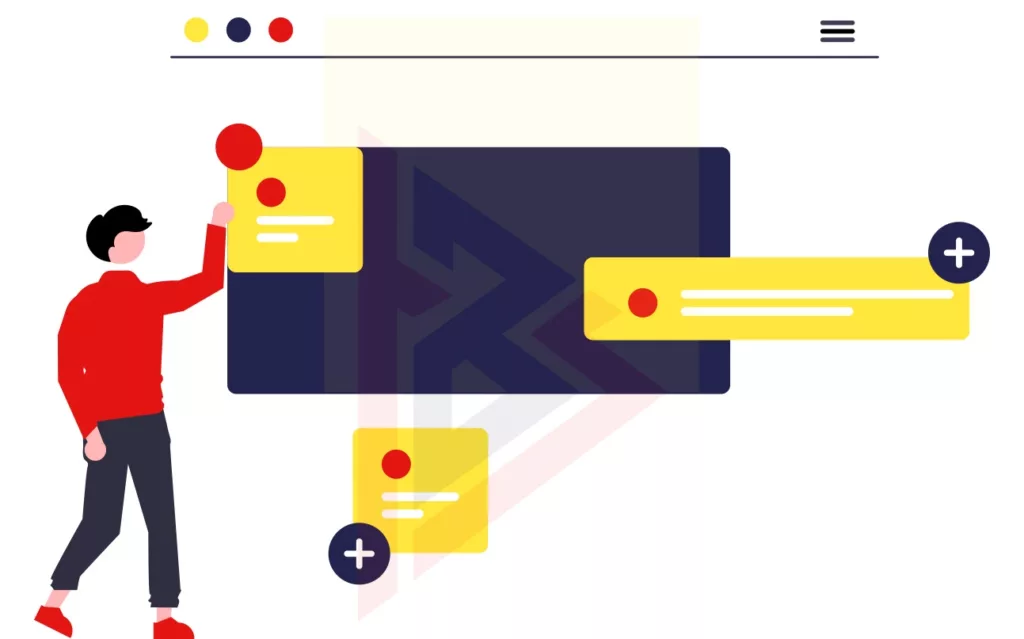
Public keys are assumed to represent personal information
Several people invite donations in Bitcoin on their Facebook profile, for example. It is obvious that there is an immediate connection to the Facebook profile in this case.\
Due to the fact that I am unable to check every single public key, and I cannot rule out the possibility that at least one owner has made theirs public in the past, I will assume that all public keys represent personal information.
Read about the Best ASP.NET Tools To Build Mind-blowing Web Applications, here in our blog.
Do Blockchains have Personal References?

In addition to differentiating based on the type of blockchain, we can also distinguish based on personal references. For example, the publicly available public key from Bitcoin is a form of personal data in the public blockchain. Unlike a public blockchain, a private blockchain is a bit different.
There is a limited number of users here, of course. To determine what role each participant currently plays, it is necessary to look at his or her current position. If I’m an internal participant – so, if I’m a part of this private blockchain – then it depends on the use case. However, this isn’t always the case for external participants. Looking at this private blockchain as a third party, I cannot automatically assume that it involves personal information.
The blockchain also contains the payload. In the blockchain, I can transfer data as a payload – and that payload can obviously contain personal information. Unencrypted data in the database is available to everyone. To determine whether or not I must consider this as personal data if I store it encrypted, I have to think about how easy it is to link it to an actual person.
A blockchain contains personal data, even if it is pseudonymous.
The roles can be differentiated here. The user who is looking in from the outside of the mine must, in some circumstances, be judged differently than the miner. Virtual currency exchanges, for instance, or systems used in the operation of a blockchain often have connections to intermediaries.
KYC (know your customer) obligations apply to a currency exchange, and they may also have to follow additional requirements relating to money laundering. Therefore, I have to produce some kind of ID in order to register for an account at the currency exchange. A blockchain identity can certainly be linked to a real identity in this case. Thus, even pseudonymous information within a blockchain will always be considered personal information.
Read which one should you select amongst Iconic and React Native for your next project, in our detailed blog.
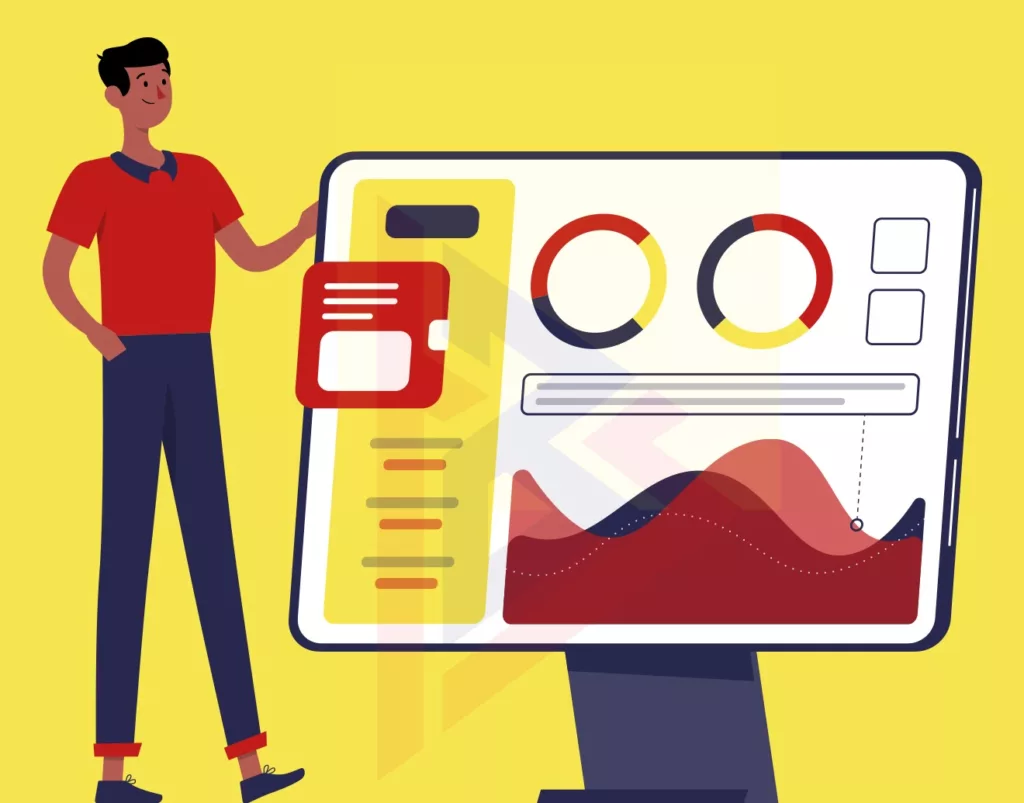
What is the identity of the Data Controller?
The following questions are about who is responsible for data processing, and who needs to prove legal grounds, as well as who is responsible for ensuring compliance. The following subset of questions follows: Who should maintain the documentation? Which contractor will be responsible for processing data? Contracts should be made with data recipients, etc. If you meet certain requirements, you can be appointed a Data Protection Officer.
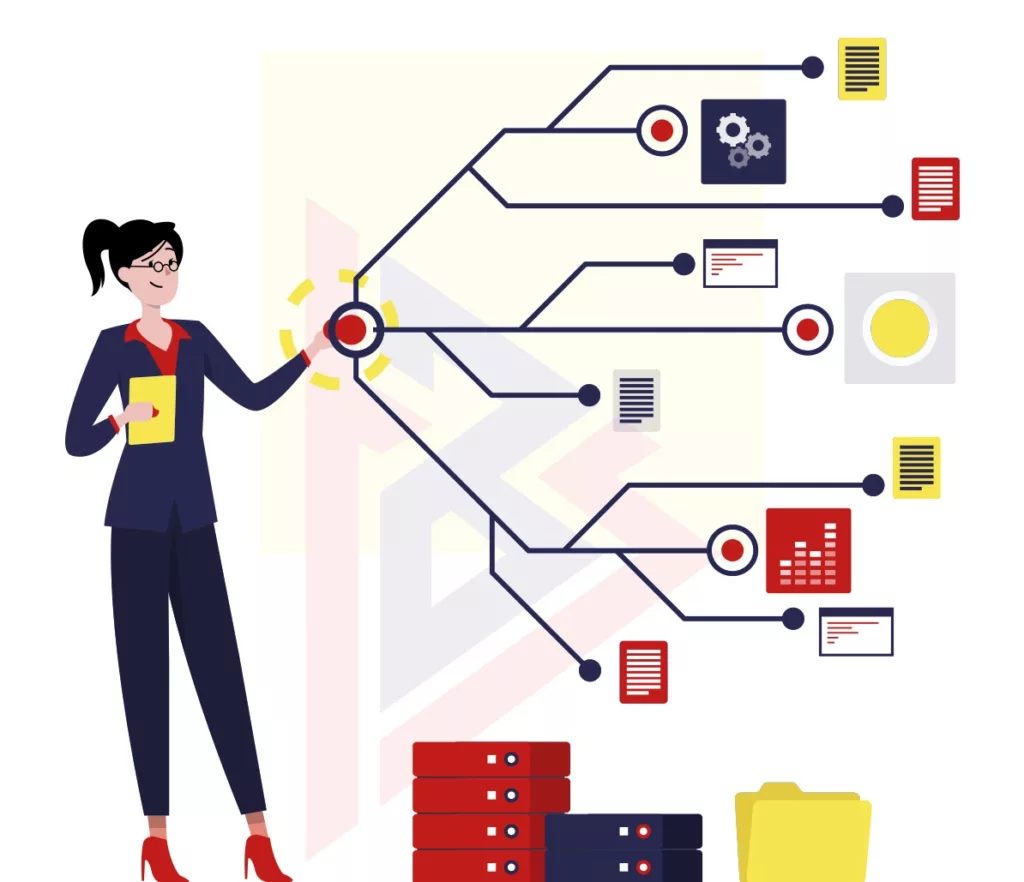
Let’s look at who will be engaged in data processing at the Public Blockchain, as well as who will be the data controller:
- The developer? Data processing is not the developer’s responsibility. Developers produce the code we are able to use, but it needs to be implemented.
- The initiator of a transaction? Data processing is required. A Bitcoin transaction that uses a destination address, for instance, is data processing.
- This is a little contentious for miners and node operators. While some claim that this is an indirect form of data processing, others assert that such roles are synonymous with data controller roles – that is, each of them is responsible for their own actions since they are all doing what they do for personal gain.
The GDPR provides for this eventuality. The section refers to joint data controllers and attaches a legal consequence to the concept of concluding a multilateral contract between all joint controllers. Bitcoin seems a bit absurd when looked at from this standpoint. There are literally thousands of nodes and countless miners, and there are literally hundreds of thousands of participants.
In order for the data processing of an individual player to be overseen by all of them, a multilateral contract would be needed that regulates which of them has which responsibilities. I can’t imagine how it could be incorporated into the T&Cs, which would have to be clicked on when an individual becomes a miner or node. However, it has many legal implications.
Private blockchains are a bit simpler. The developer does not process the data. It is controlled by the governance structure. A transaction initiator is a data controller in this case, as well as the nodes, which would act as data processors for this blockchain.
The Proposed Solution: Blockchain Technology for Personal Data
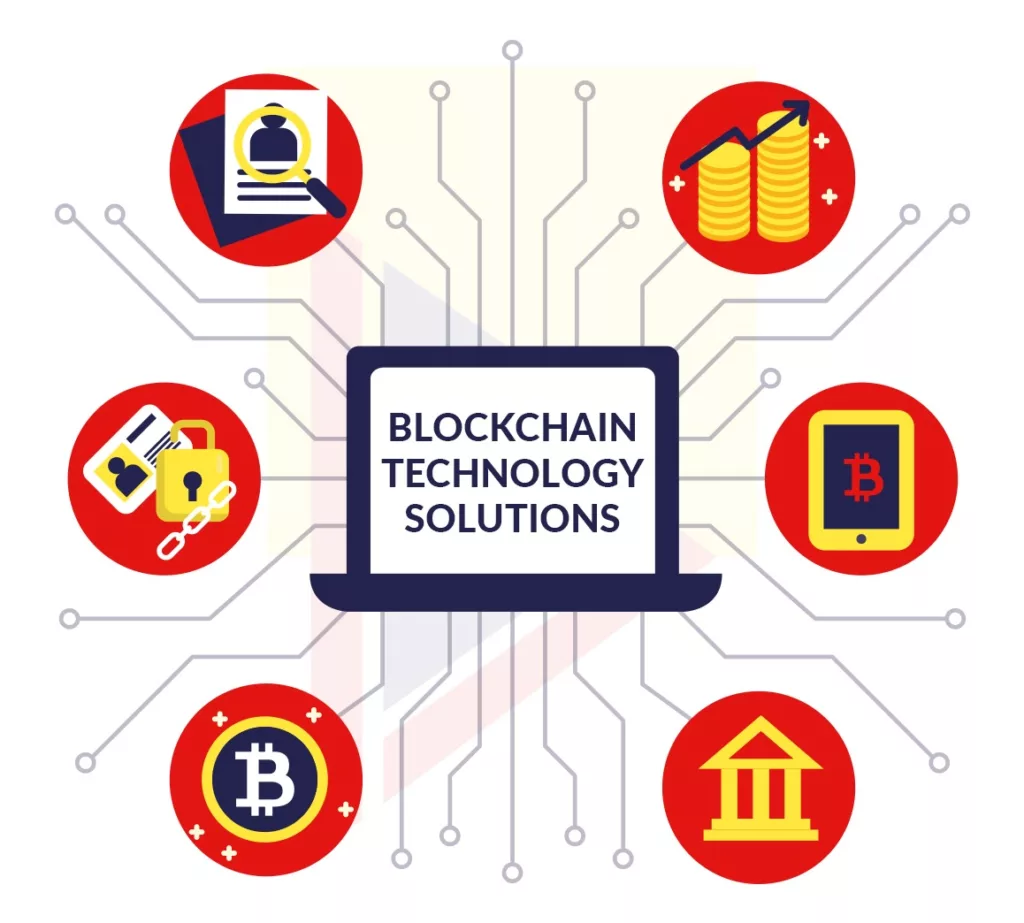
With Blockchain technology, you can secure information with public and private keys in a publicly accessible registry through automated and decentralized cryptography. Expert Blockchain developers can create applications that encrypt your data in order to protect it.
The data will need to be decrypted using both a passcode and a private key. The thief can thus take all the encrypted data without being able to use it.
Due to its usefulness in decentralized systems, blockchain application development has gained popularity recently. It is possible for users to own their data when it is managed on a decentralized Blockchain. There is no access to information by centralized bodies, like social media platforms. If the owner of the data chooses, he can charge someone for access to the data.
There is a lot of value in this data!
Whether Blockchains are Covered by Data Protection Law
First and foremost, we need to ask whether data processing is involved when considering whether data protection law applies in a blockchain environment. In general, yes. After that, we need to consider whether personal data is involved. In the event a no can be answered to this question, then there are no further privacy concerns. You can check off all the boxes, knowing the project will not be governed by data privacy laws.
If the answer to this question is yes, then the next step is to assess whether the project is relevant to the EU – as a rule, this is true at both the foundation and the base of the project as well as the project itself is based within the EU.
Unless you have a legal basis for processing your data, you are subject to the GDPR, which prohibits data processing. Data processing is generally prohibited under the GDPR unless certain exceptions make it permissible.
Security by the Blocks
Blockchains are chains of digital blocks containing records of transactions, as their name suggests. Blocks are interconnected with each other. In this case, a hacker would have to modify the block containing the record they are trying to tamper with as well as the blocks linked to it in order to avoid detection. While this alone doesn’t seem like much of a deterrent, blockchain has some other inherent security features.
A blockchain’s records are encrypted using cryptography. A participant’s private key acts as their personal digital signature and is assigned to each transaction they make on the network. An altered record will have an invalid signature, and the peer network will be immediately alerted. This can prevent further damage from occurring.
Blockchain networks are distributed across peer-to-peer networks, which are constantly updated and maintained, making them unattractive to hackers who want to take advantage of them. Blockchains don’t have a point of failure because they aren’t contained in a central location, and they can’t be changed by one computer.
In order to access and alter every instance of a blockchain (or at least 51 percent of them) at once, massive amounts of computing power would be required.
A verdict has not yet been made on whether this could make smaller blockchain networks vulnerable to attacks. A bigger blockchain network will be more secure and less vulnerable to tampering.
On the surface, blockchains seem to provide a number of advantages to securing your transaction data. Using a blockchain for business, however, has other conditions and requirements.
Read about the Public and Private Blockchain in detail.
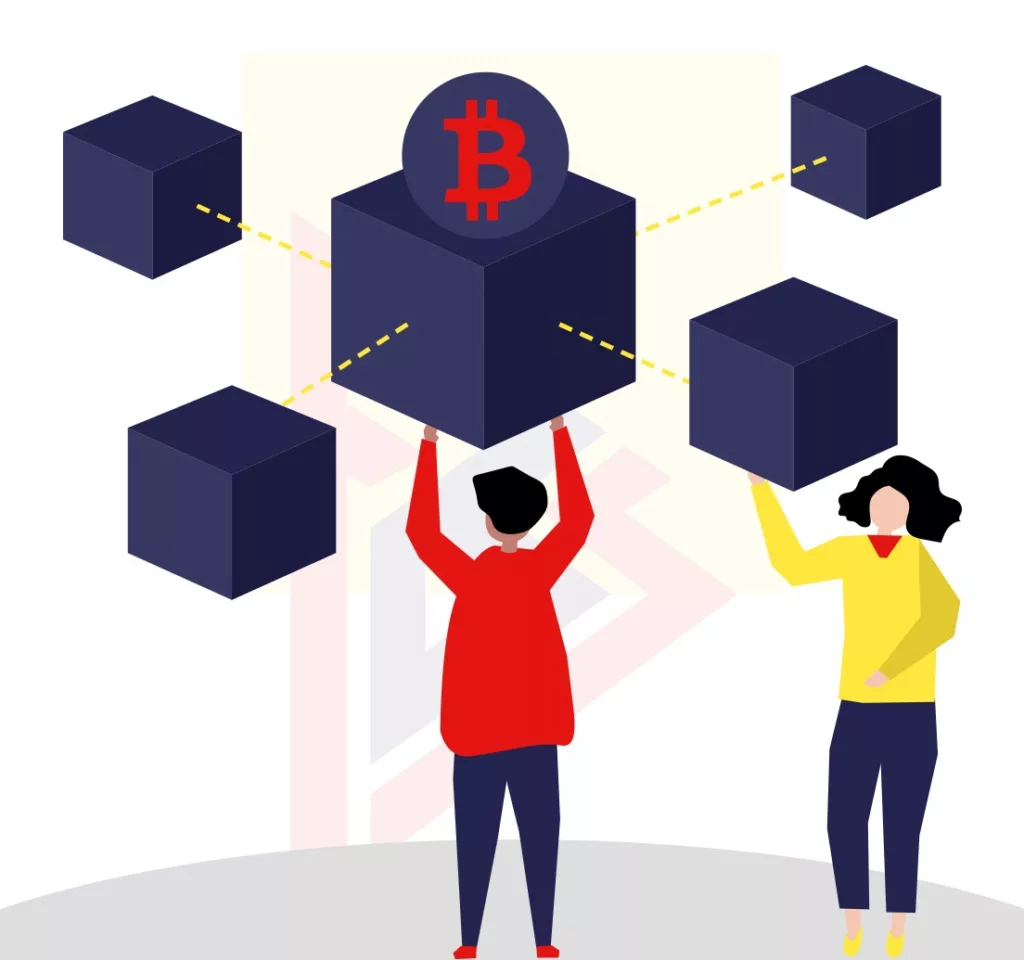
A Blockchain Network is only as Secure as its Infrastructure
Choosing the best platform for deployment is key to establishing a private blockchain. Despite the inherent security of blockchain, known vulnerabilities in your infrastructure can be manipulated by malicious parties. The ideal solution would be to have an infrastructure that can:
- Prevent anyone including root users from accessing sensitive information.
- Ensure that no unauthorized changes are made to data or applications within the network.
- Utilize the highest-grade security standards to safeguard encryption keys so they cannot be misused.
Blockchain Application Development: The Way Ahead
According to a study, Nine Key Brokers sold customers’ data to marketers, marketers, and people search companies in 2012 for 426 million dollars.
Digital advertising is dominated by Facebook and Google because they use your data to provide marketers with better targeting options. There is also a personal data element to all loyalty cards, and many people do not realize that businesses collect personal data about their customers.
Several organizations are working to change this. The user alone decides who is allowed access to their personal data by integrating a managed search solutions ecosystem. Whenever a user searches or clicks, their personal information remains completely private. Decentralized Blockchains eliminate the need for third parties to hold onto the data. This means users are in complete control of who has access to their data.
Data should be paid for by an organization. In turn, this will help balance the market. Marketers can target ads at users who want to see them, and users only see ads from companies they choose. This will maximize conversions while saving money.
There have been many practical applications of Blockchain technology over the past decade. In the medical industry, a decentralized data storage system is needed wherever a form of security is needed, from cryptocurrency to smart contracts. The service provides secure remote access to patient data to both medical institutions and patients.
Using Blockchain Technology for easy access
Solutions based on blockchain technology allow remote access to all files. Furthermore, they guarantee information security. Token-based records are accessed and deleted as needed, changing ownership on the fly.
A Blockchain technology company will, in addition, provide the user with biometric security and a private key controlled exclusively by them, so that they can save their personal data. Users can eliminate passwords and usernames.
Assets can be stored efficiently using blockchain technology. It is due to the decentralized immutable ledger and the privacy and encryption it offers.
Identity has already been enabled on the networks of many blockchain technology companies. Linked identities on the Blockchain also make things very interesting. Payment methods and services can also be integrated with the Blockchain.
Hire the Best Blockchain Development Company!
It’s time to start investing in Blockchain solutions if you are planning to do so. Let TechoBrains‘ developers know your requirements, and they will come up with a game plan for you. Our team of blockchain technology and software development consultants has years of experience. We employ highly skilled blockchain developers.
If you would also like to ensure your transactions are secure, we have the best blockchain developers available to help you. Please do not hesitate to contact us, and we will get back to you as soon as possible.

